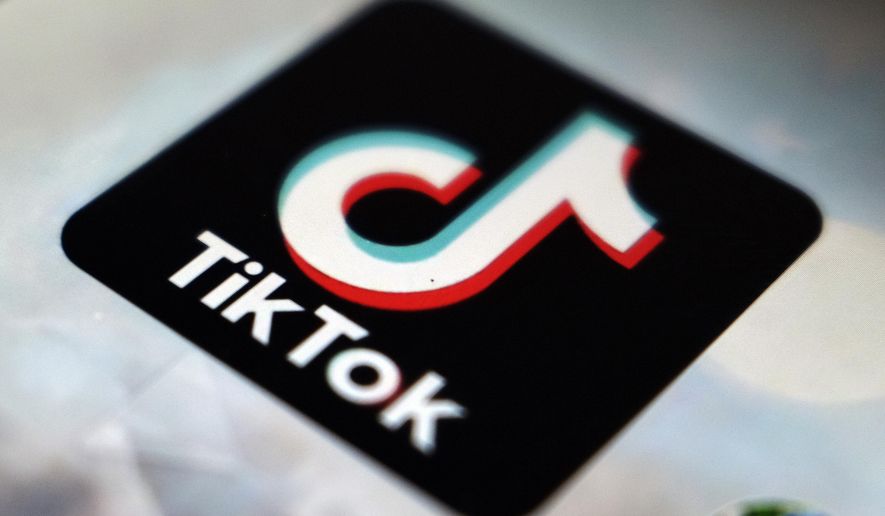TikTok asked a federal appeals court Monday to rescue it from the Trump administration’s ban on the wildly popular China-owned video app.
After winning temporary victories in lower courts, TikTok made its case to a federal appeals court for the first time in its bid for survival.
While the company has attracted million of users wanting to share goofy videos, the U.S. government says it also has attracted the Chinese government looking to monitor Americans’ behavior. The U.S. military banned its members from using TikTok near the outset of 2020, and several other federal agencies followed suit including the State Department and the Department of Homeland Security.
But TikTok argued Monday that the Trump administration is bent on damaging its business, which it touts as having more than 100 million American users on a quarterly basis and adding more than 400,000 U.S. users every day, according to a TikTok court filing.
Beth Brinkmann, TikTok’s attorney from the law firm Covington & Burling, argued that President Trump violated the International Emergency Economic Powers Act (IEEPA) through his administration’s enforcement of an executive order directing the ban against TikTok. IEEPA gives the president the authority to regulate economic transactions but limits the president’s authority to regulate information, which TikTok asserted includes the content on its platform.
“There may be close cases, but this is not one of them,” Ms. Brinkmann told the U.S. Court of Appeals for the District of Columbia. “The prohibition stops U.S. users from exchanging videos, photos, art, audios, text, political messages, and it was designed to do just that.”
In deciding whether Mr. Trump’s ban violated the law, Ms. Brinkmann told the three-judge panel that it does not need to second-guess the judgment of the Trump administration in citing national security concerns to justify its ban.
Judge Patricia Millett said during the argument that she found it unusual that the Trump administration included no declarations from national security officials — sealed or otherwise — asking the court to resolve the controversy in an urgent manner.
Justice Department attorney H. Thomas Byron III, however, urged the court not to dismiss Mr. Trump and the administration’s national security concerns out of hand. Mr. Byron said the Trump administration determined that TikTok collected wide swaths of data on the American people and that the Chinese Communist Party and government compiled vast databases that threaten the security and economy of the United States.
“The fact that a particular business or a particular foreign government seeks to hide a national security threat in a business or an activity that allows Americans to engage in personal communications or exchange of informational materials does not insulate that business from regulation of the threat it poses to national security under IEEPA,” Mr. Byron said.
Mr. Byron stressed that the Trump administration’s restrictions did not intend to ban the videos posted on TikTok.
TikTok turned to the federal appeals court after the China-owned company said the Trump administration provided no answer on its efforts to resolve the concerns of the Committee on Foreign investment in the United States (CFIUS).
Treasury Secretary Steven T. Mnuchin leads CFIUS, which reviews commercial transactions for potential national security problems and inspected potential acquisitions of TikTok from companies such as Oracle. Microsoft also considered acquiring TikTok and discussed its desired deal with Mr. Trump, but the negotiations fell apart in September when Microsoft said that ByteDance, TikTok’s Chinese owner, would refuse to sell.
No progress has been made between TikTok and the Trump administration via the CFIUS process, leaving the entire controversy up to the federal courts.
TikTok also has petitioned the U.S. Court of Appeals for the D.C. Circuit to review its case against CFIUS, and the court previously set a Monday deadline for TikTok to outline the issues it intends to raise with the court.
• Ryan Lovelace can be reached at rlovelace@washingtontimes.com.




Please read our comment policy before commenting.